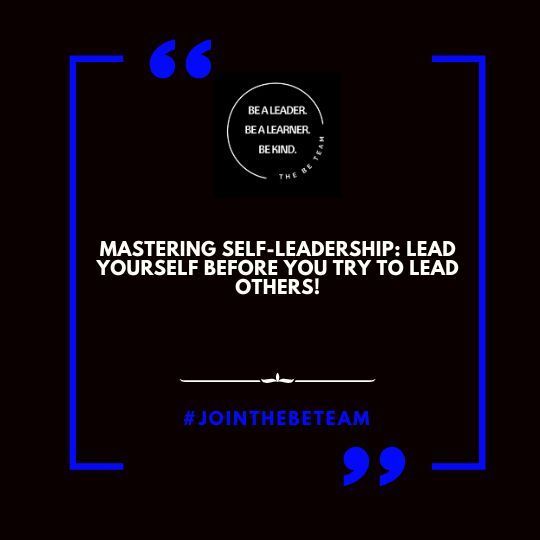Mastering Self-Leadership: Lead yourself before you try to lead others!
Mastering Self-Leadership: Lead yourself before you try to lead others!

One Thought to Consider:
Self-leadership is an essential skill for everyone, acting as the internal compass that guides personal and professional decisions. It's about understanding and harnessing one's own abilities, motivations, and emotions to lead others effectively. The journey to mastering self-leadership involves continuous self-assessment, self-regulation, and the courage to take accountability for one's actions.
Lately, I've been reflecting on the powerful influence of self-leadership within educational settings. It occurred to me that the same principles I use to guide my own actions are also evident in my interactions with fellow colleagues and students. This realization further reinforced my belief in the importance of self-leadership, as it not only fosters personal growth but also greatly impacts the educational experiences of those around us.
Understanding Self-Leadership in Education:
In the context of education, self-leadership transcends the boundaries of personal benefit. It equips leaders with the skills to inspire, motivate, and guide students and peers alike. By setting a positive example in self-management and ethical behavior, leaders create a ripple effect that promotes a culture of accountability and empowerment within their institutions.
Characteristics of Effective Self-Leadership:
Self-Awareness:
Being aware of your strengths, weaknesses, emotions, and values is the first step in self-leadership. It allows leaders to leverage their strengths and work on their limitations.
Self-Regulation: This involves managing one’s emotions and behaviors in line with long-term goals. For leaders, this means maintaining composure and positivity even in challenging situations.
Self-Motivation: Cultivating an intrinsic drive to pursue goals with energy and persistence is crucial. Self-motivated leaders are often more engaged and can foster a similar motivation in others.
Two Strategies to Consider:
Set Clear Personal and Professional Goals: Clarity in goals provides direction and a measure of progress. It's essential for leaders to align these goals with their values and the needs of their community.
Develop Emotional Intelligence: Strong emotional intelligence enables leaders to better understand and lead their students and peers. It involves empathetic communication, conflict resolution, and effective relationship management.
Engage in Lifelong Learning:
Commit to continuous personal and professional development. Attend seminars, read relevant literature, and stay updated with trends to keep your leadership skills sharp.
Resources to Support Your Self-Leadership:
Book Recommendation: "The 7 Habits of Highly Effective People" by Stephen R. Covey. This classic offers profound insights into effective personal management and interpersonal relationships, crucial for self-leadership.
TED Talk by Lars Sudmann:
In his talk at TEDxUCLouvain titled "Great leadership starts with self-leadership," Lars Sudmann explores the critical aspects of self-leadership that can help leaders thrive in their roles. He discusses the importance of being aware of one's own biases, shortcomings, and the necessity of self-regulation and reflection. Sudmann emphasizes that effective self-leadership is the foundation of successful leadership and shares strategies like engaging in daily reflection and regulating emotions during challenging interactions. You can watch this talk on
YouTube.
Article by Daryl Chen on ideas.ted.com: This article, titled "To be a great leader, you need to start by leading yourself," delves into the concept of self-leadership as described by Lars Sudmann. It highlights the importance of managing oneself before attempting to lead others, illustrating this with lessons from historical figures like Marcus Aurelius and modern techniques recommended by Sudmann. The article provides practical advice on self-awareness, daily reflection, and emotional regulation, which are essential for self-leadership. You can read more about these insights on
ideas.ted.com.
One Question to Consider:
In what ways can strengthening your self-leadership improve your effectiveness as a leader and influencer within your community?
Embracing and enhancing self-leadership can significantly impact a leader's ability to lead by example, foster a positive environment, and drive meaningful change. By continuously refining these skills, leaders can achieve personal satisfaction and professional excellence, setting a powerful example for the next generation of leaders.
Let's build the life you want together! We want you to be the best version of yourself!
We are here to help!
There are three things I need you to do today and every day: Be a Leader. Be a Learner. Be Kind.
share this
Related Articles



STAY UP TO DATE
the latest from the be team
Receive an alert anytime a new post drops
Contact Us

